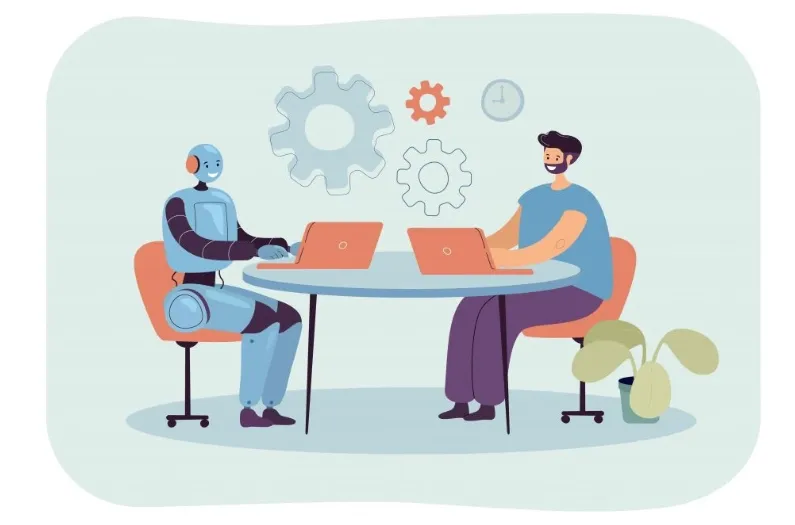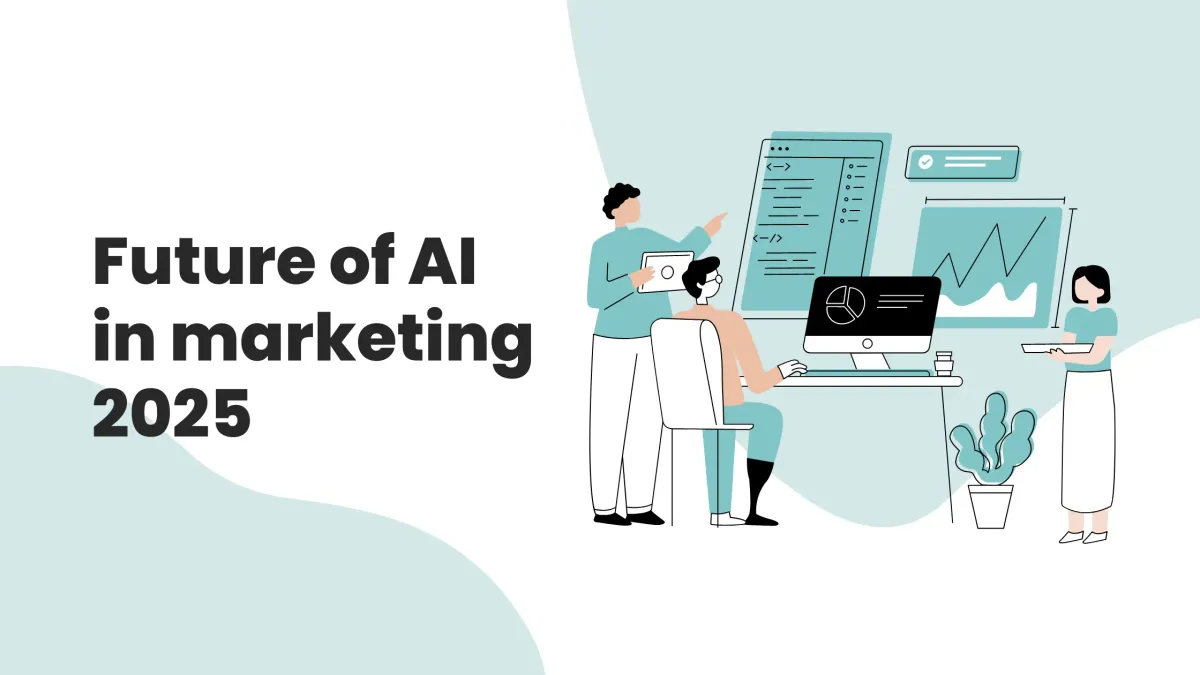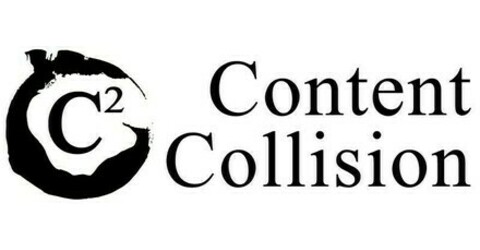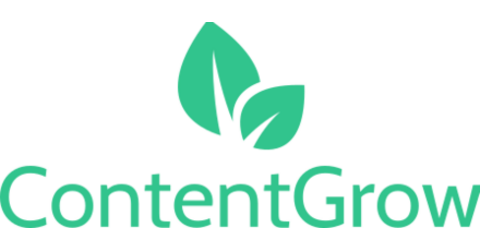Exploring the impact of AI on marketing careers: threats and opportunities
Explore how the rise of artificial intelligence is transforming the landscape of marketing jobs, presenting both challenges and opportunities for professionals.

Many people have either benefited from using AI or have been replaced by it. In 2025, it’s no longer rare to see companies making their teams leaner by deploying AI agents or AI-powered teams to cut costs and boost efficiency.
But is AI truly foolproof?
Despite its advancements, AI can still make mistakes and requires human supervision. So, is AI making marketers replaceable, or is this our opportunity to upskill and adapt?
The rapid advancement of AI across the Asia-Pacific region underscores a significant shift in workforce demands, as nearly four in five employers now prioritize hiring AI-skilled talent. Despite this high demand, a staggering 75% of employers report difficulties in finding the necessary AI talent, highlighting a critical skills gap in the current labor market.
This challenge is set against a backdrop of transformative growth, with 92% of employers expecting their organizations to be driven by AI technologies by 2028.
This article explores both perspectives—how AI is replacing certain tasks while also creating new opportunities. We'll also highlight useful AI tools and discuss what skills marketers need to thrive in an AI-driven industry.
Short on time?
Here is a table of content for you to find what you are looking for:
- How is AI transforming marketing?
- Why some marketing jobs are at risk
- AI as an opportunity for marketers
- Essential AI tools marketers should master
- What this means for your career
- Frequently asked questions (FAQs)

How is AI transforming marketing?
AI is doing more than just automating tasks—it’s helping businesses create personalized experiences, predict trends, and improve customer engagement. Here are some key ways AI is influencing marketing:
- AI-driven marketing automation
AI is making marketing automation more efficient by taking over repetitive tasks like email campaigns, customer segmentation, and lead nurturing. Tools like HubSpot and Salesforce Einstein help marketers save time and improve accuracy in their campaigns.
- AI-powered personalization
AI allows brands to create personalized experiences for customers on a large scale. Machine learning analyzes customer behavior to suggest relevant content, products, and ads. This kind of personalization leads to higher engagement, better conversion rates, and stronger customer loyalty.
- Predictive analytics in marketing
AI helps businesses anticipate what customers might do next. By analyzing past data, predictive analytics can forecast market trends and customer preferences, helping companies make smarter marketing decisions.
Why some marketing jobs are at risk
Not all changes feel like progress. As AI takes on more executional tasks, some traditional marketing roles are being phased out.
- Programmatic ad buying is replacing human media planners.
- AI copy tools can now write basic content, making some junior writing roles less essential.
- Real-time analytics platforms reduce the need for manual data-crunching teams.
This doesn’t mean every marketing role is at risk — but it does mean the bar for value has shifted. If your job can be fully automated, it probably will be.
AI as an opportunity for marketers
On the flip side, artificial intelligence marketing jobs are booming. According to recent reports, 4 in 5 employers now prioritize hiring AI-skilled talent — but 75% still struggle to find it.
For marketers who can combine strategic thinking with AI fluency, the upside is real:
- AI-enhanced content marketing
AI tools assist in content ideation, creation, and optimization. Platforms like Clearscope and Surfer SEO analyze top-ranking content to help marketers craft SEO-optimized articles, improving search rankings and visibility.
- AI for smarter customer engagement
AI chatbots and virtual assistants, such as ChatGPT and Drift, enhance customer service and engagement by providing real-time support and personalized responses.
- AI for data-driven marketing strategy development
AI-driven insights enable marketers to make informed decisions on campaign planning, audience targeting, and budget allocation. AI-powered dashboards provide real-time data visualization and performance tracking.

4 essential AI marketing tools that can help marketers with their jobs
Several AI tools have become indispensable in the marketing industry. Platforms like HubSpot utilize AI to enhance inbound marketing strategies, helping marketers attract, engage, and delight customers more effectively. HubSpot’s AI capabilities assist in creating content that resonates with target audiences, optimizing SEO, and managing social media campaigns.
Ocoya is a comprehensive tool that brings AI into content creation and marketing automation. It helps users generate marketing content quickly and schedules posts across various social platforms, integrating tools for graphic design, copywriting, and analytics to streamline the marketing process.
Prowly is another innovative AI tool used primarily in public relations and content marketing. It aids marketers in creating compelling press releases and finding the right journalists and media outlets to distribute their news. Prowly's AI-driven media database ensures targeted outreach, enhancing the visibility and impact of marketing campaigns.
Finally, Persado uses AI to optimize marketing messages, generating language that resonates best with targeted demographics. This tool helps marketers craft persuasive texts that significantly improve engagement rates and conversion.
These tools won’t replace you — they’ll amplify your skills. The key is learning how to work with AI, not against it.
Implications for your marketing career
AI is changing what it means to be a “marketer” in 2025. The best way to future-proof your role is to evolve with the tools — not fear them.
That means:
- Don’t wait to upskill. AI literacy is quickly becoming non-negotiable for modern marketing roles. So you have to start learning how to brief, prompt, and edit AI tools.
- Shift your mindset from execution to orchestration. AI handles tasks — you handle strategy. You can build AI-enhanced strategies that deliver measurable outcomes.
- Watch emerging AI trends. From generative content to voice search optimization, new opportunities keep unfolding.
- Stay human. Creativity, empathy, and brand storytelling still can’t be automated — and that’s your edge.
- Prioritizing ethical marketing: data privacy, transparency, and avoiding algorithmic bias.
AI won’t eliminate marketing jobs — but it will change them. Those who adapt will lead the next era of marketing.
Furthermore, as AI becomes more prevalent, ethical concerns regarding data privacy, bias, and transparency must be addressed. Marketers should prioritize responsible AI use by ensuring compliance with data protection regulations and maintaining ethical marketing practices.
Frequently asked questions (FAQs)
- What skills do I need for AI marketing jobs?
You’ll need a mix of technical and strategic skills: prompt engineering, data literacy, SEO, campaign analytics, and familiarity with AI tools like Jasper, ChatGPT, or Surfer SEO.
- Are AI marketing jobs only for tech companies?
Not at all. AI marketing roles are growing in retail, finance, healthcare, and more — any industry investing in smarter, data-driven customer engagement.
- Can AI replace creative marketers?
AI can assist with execution, but it still lacks originality, emotion, and brand intuition. Creative marketers who use AI effectively will stay in high demand.
This post is created by ContentGrow, providing scalable and tailored content creation services for B2B brands and publishers worldwide. Book a discovery call to learn more.




